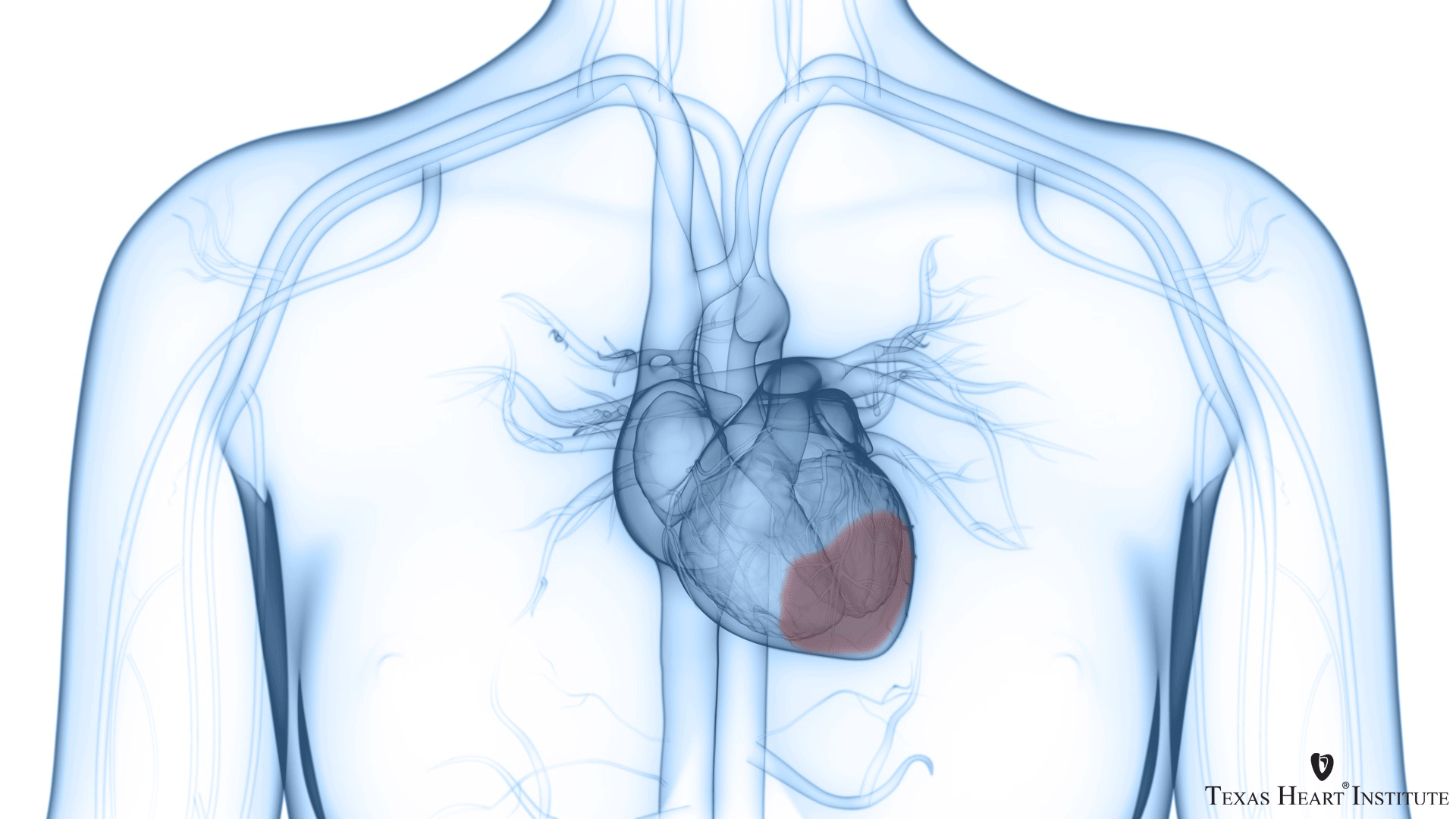Groundbreaking Cardiovascular Gene Therapy Has Potential to Drastically Alter Outlook for Heart Failure Patients

Published in Science Translational Medicine – A Revolutionary New Game Plan for Treating Individuals Following a Heart Attack
HOUSTON, TX – June 30, 2021 – The Texas Heart Institute has announced that seminal research conducted by a team of investigators led by Dr. James Martin, Director of its Cardiomyocyte Renewal Lab, has been published in Science Translational Medicine – a heralded platform for the peer-reviewed, multidisciplinary research that is driving the latest in medical advances. The paper, drawing upon years of discovery dating back to 2007, represents a game-changing step forward for the treatment of heart failure using gene therapy to regenerate heart muscle following myocardial infarction. Commonly referred to as a heart attack, MI is the number one killer of men and women in the United States and results in more deaths each year than all cancers combined.
“Patients suffering from heart failure have very limited treatment options, and up to this point, it had essentially been impossible to bring heart muscle back in humans following an injury regardless of available technology and knowledge,” Dr. Martin stated. He added, “The new gene therapy that we are pioneering essentially turns off an inhibitory genetic mechanism – called the Hippo signaling pathway – that is found in all mammals. Temporarily turning off Hippo unleashes the ability of the heart to regenerate. Using this therapy, which is delivered to the heart muscle around the area of injury and releases a short piece of RNA, we can turn off the stop signal and allow the heart to repair itself.” The published research in Dr. Martin’s paper is built upon the formative discovery that, unlike humans, zebrafish are able to repair their own hearts after damage.
Dr. Martin’s study, generously funded through grants from the National Institutes of Health, the Vivian L. Smith Foundation, The Brown Foundation, Inc., and State of Texas funding, documents the positive effects of this approach in large pre-clinical models of ischemic heart disease. The research is now headed toward clinical trials to be conducted by YAP Therapeutics, a company co-founded by Dr. Martin with the late Dr. James T. Willerson, former President and President Emeritus of the Texas Heart Institute, and Olav Bergheim, Founder and Managing Director of the life science venture accelerator Fjord Ventures, in order to develop and commercialize medicines that treat severe diseases through tissue regeneration. “The plan is to advance our gene therapy, take it to clinical trials, and ultimately treat people. The goal here is to translate the work of our research teams at Texas Heart and at Baylor College of Medicine into a life-changing medicine, labeled YAP101, for people with heart failure, added Dr. Martin, Professor and Vivian L. Smith Chair in Regenerative Medicine at Baylor College of Medicine.
In his years as a researcher, Dr. Martin, who was recently inducted into the 2021 class of Senior Members at The National Academy of Inventors (NAI), has authored more than 170 peer-reviewed papers in top journals such as Nature, Science, Cell, Developmental Cell, Plos Genetics, Development, and PNAS (H-index 79). He holds 9 U.S. patents and applications, including one provisional application. Dr. Martin’s research has been and is currently supported by multiple federal granting agencies, including multiple NIH NHLBI R01 and DOD grants.
“These findings from Dr. Martin and his team at the Texas Heart Institute Cardiomyocyte Renewal Laboratory and its newest venture, the McGill Gene Editing Lab, cannot be understated in their magnitude,” noted Dr. Emerson Perin, Texas Heart Institute’s Medical Director and a co-author on the Science Translational Medicine paper. He added, “The practical application of YAP101 gene therapy is significant, and it has the potential to become a paradigm-changing treatment for heart failure.”
Texas Heart Institute’s Cardiomyocyte Renewal Laboratory focuses on understanding how genetic pathways are connected to adult tissue homeostasis and regeneration. By obtaining an in-depth understanding of these pathways, the team cultivates techniques to prevent disorders like heart failure and atrial fibrillation and develops new treatments to ameliorate heart disease. The newly published study, Gene therapy knockdown of Hippo signaling induces cardiomyocyte renewal in pigs after myocardial infarction, represents the latest in a number of research breakthroughs for the department. “If eventually approved for use, this could be an important new treatment for people with heart failure because many of those people have no other options. In the future, individuals who have suffered a heart attack may have a new option to live – and not just to live – but to live a high-quality life,” Dr. Martin concluded.
Read Orignal Article
Gene therapy knockdown of Hippo signaling induces cardiomyocyte renewal in pigs after myocardial infarction Shijie Liu, Ke Li, Leonardo Wagner Florencio, Li Tang, Todd R. Heallen, John P. Leach, Yidan Wang, Francisco Grisanti, James T. Willerson, Emerson C. Perin, Sui Zhang, James F. Martin. Science Translational Medicine 30 Jun 2021: Vol. 13, Issue 600, https://stm.sciencemag.org/content/13/600/eabd6892
Related
Fernández-Ruiz, I. Gene therapy against Hippo triggers cardiomyocyte renewal after MI. Nat Rev Cardiol (2021). https://doi.org/10.1038/s41569-021-00602-8




